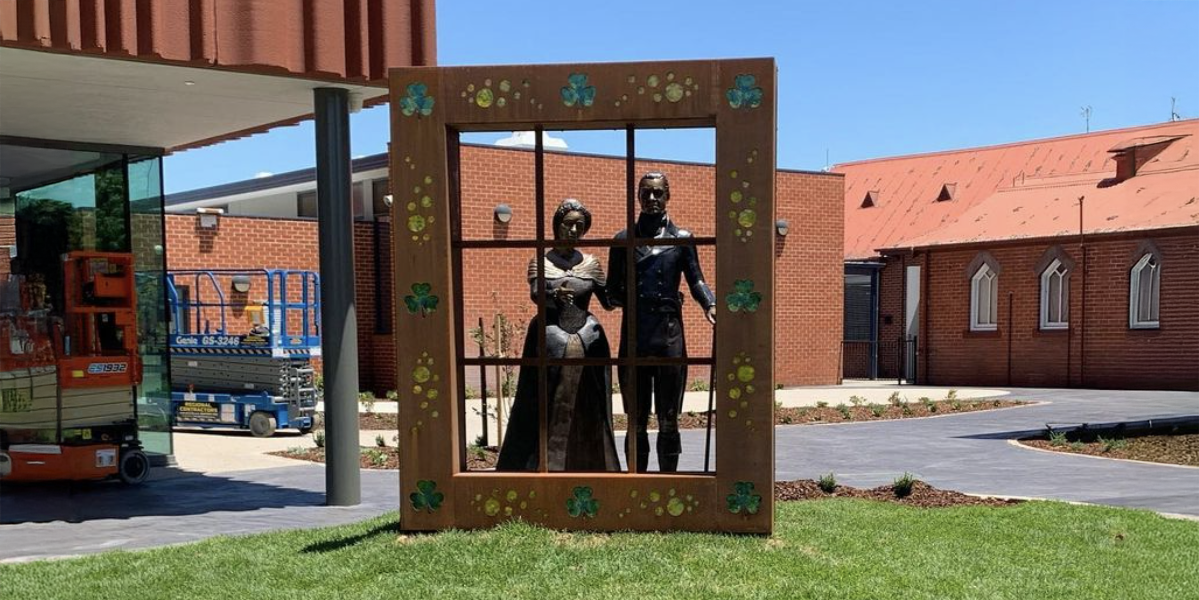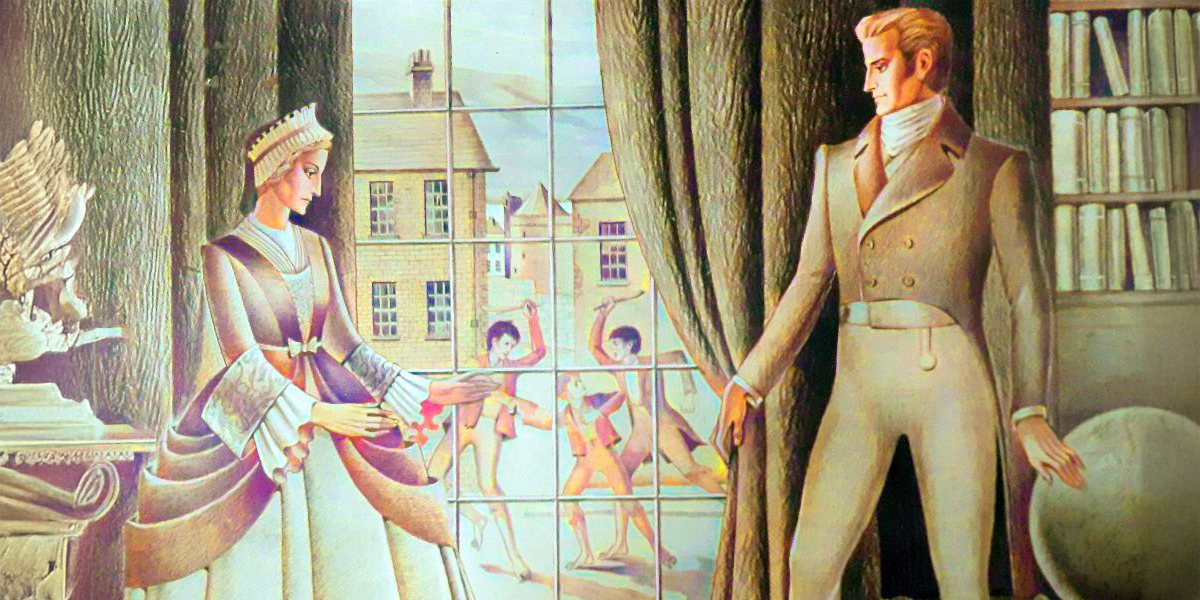About Edmund Rice
- Details
- Hits: 63631
Edmund Rice was born in 1762 in Callan, county Kilkenny, Ireland. Following his early education he moved to Waterford as an apprentice to his uncle.
Edmund Rice
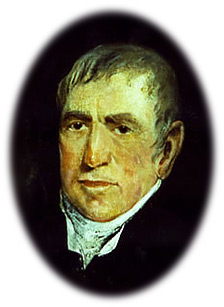 Edmund Rice was born in 1762 in Callan, county Kilkenny, Ireland. Following his early education he moved to Waterford where he was apprenticed to his uncle, Michael, who supplied the numerous shops visiting the expanded port.
Edmund Rice was born in 1762 in Callan, county Kilkenny, Ireland. Following his early education he moved to Waterford where he was apprenticed to his uncle, Michael, who supplied the numerous shops visiting the expanded port.
Edmund eventually succeeded his uncle and became a prosperous businessman. He married in 1785 and a daughter was born to the marriage but soon after his wife died in 1789. Edmund cared for his daughter with the support of his step-sister, Joan.
After much discernment and seeing the lack of Christian education among the boys of Waterford, Edmund commenced his great work of Christian education, which over time spread across the globe.
Two religious congregations, the Christian Brothers and the Presentation Brothers, developed from the foundation which he laid in 1802. Edmund led the Brothers for many years before dying in Waterford in 1844.
In 1996, he was declared “Blessed” by the Church – the first step in the Catholic Church towards sainthood.
Edmund's birthplace
The thatched house in which Edmund was born on 1st June 1762 is almost 250 years old. Young Edmund grew up on a large farm. As it was also very good land, his parents were quite wealthy.
The old farmyard has gone but the homestead remains and visitors are welcome to come and view it.
The four small bedrooms, the sitting-room and kitchen are fitted out with period furniture which is very similar to the way it looked in Edmund’s time. Pictured below is the bedroom where Edmund was born.
The six-roomed house consists of a kitchen, parlour and four bedrooms. Of particular interest is the bedroom of Edmund.
On entering the house, visitors can step back in time and see what an Irish country house was like at that time. Our photographs depict some of the items.
The kitchen and sitting-room areas especially are packed with various items which were common in the country houses at the time.
Today a beautiful Rice Memorial Chapel, opened in 1969; stands in the grounds beside the Rice Homestead.
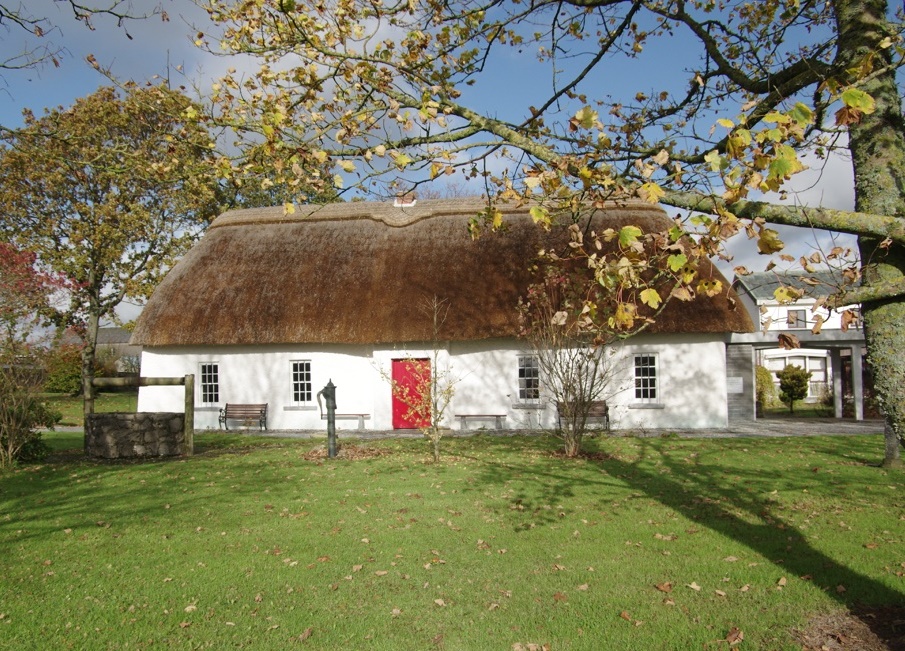
The Businessman
Michael Rice welcomed his nephew, Edmund, to his home, where he lodged with his cousins Patrick and Robert. Edmund was ‘intended for business’ as he had attended a commercial school in Kilkenny. Waterford was a busy and enterprising city. Its magnificent harbour was capable of sheltering many ships and was a centre of international trade. Michael Rice was well placed to benefit from these economic conditions.
There were two principal elements in the Rice enterprise. It provided supplies for the ships and supplied provisions for the local garrisons. Edmund was ideally qualified for both tasks. His farming background and commercial training equipped him for the work involved.
The Penal Laws did not affect commercial enterprises. Catholics were free to engage in trade. Edmund devoted his time and skills to business. He also found time to engage in the social activities of any successful young man of his time. His interests extended to music, dancing, archaeology, history, boating and horse riding. He had a reputation as a good singer.
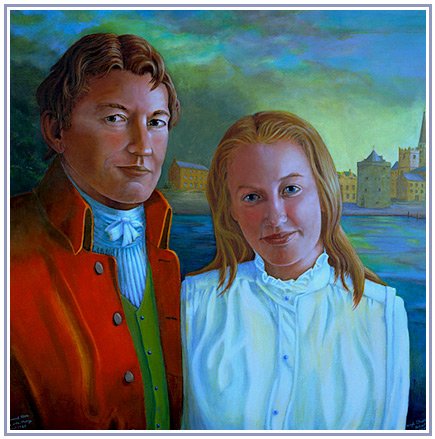 About the year 1785 Edmund married, it is believed Edmund's wife's name was Mary Elliott, and they settled down to a happy married life in Ballybricken. However, despite success and good fortune, tragedy came unexpectedly to Edmund. The local and national newspapers carried a stark announcement in their death column: “at Ballybricken, the wife of Mr. Rice.” It is easy to imagine the loss and desolation felt by Edmund. His wife was dead and he was the single parent of an infant daughter.
About the year 1785 Edmund married, it is believed Edmund's wife's name was Mary Elliott, and they settled down to a happy married life in Ballybricken. However, despite success and good fortune, tragedy came unexpectedly to Edmund. The local and national newspapers carried a stark announcement in their death column: “at Ballybricken, the wife of Mr. Rice.” It is easy to imagine the loss and desolation felt by Edmund. His wife was dead and he was the single parent of an infant daughter.Edmund moved residence to Arundel Lane, where he lived with his daughter as his sister took charge of managing the household. The house was within walking distance of two churches, his office at Royal Oak Lane, and the Waterford Quay. His commitment to work did not lessen. As the 18th century drew to a close his business improved.
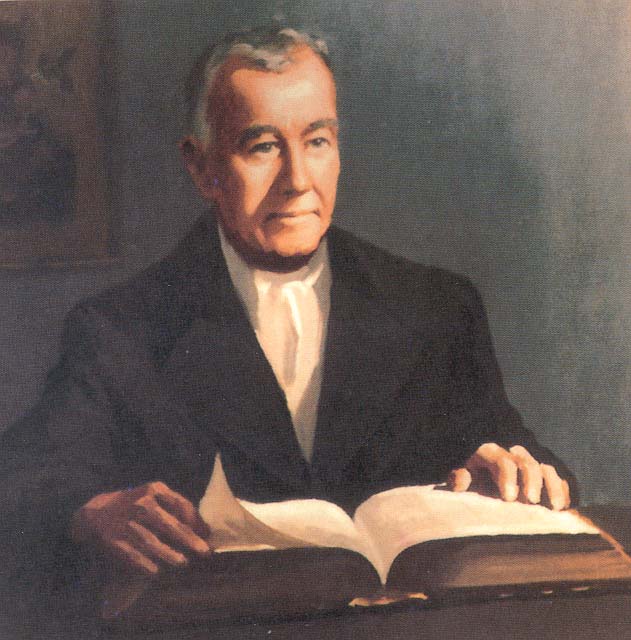 From a religious point of view he was acquainted with several Jesuits, who were his spiritual directors. He nurtured his spiritual life by purchasing religious books, including the Bible. He attended Mass daily and frequently received the Sacraments. He formed a group of like-minded men who gave time to prayer and good works. Edmund's favourite charity was the Sick and Indigent Roomkeepers’ Association whose members visited the sick poor in their homes. Hospitals and hospices as we know them did not exist. Due to malnutrition, lack of hygiene, and sparse medical resources, the lot of the sick poor was usually one of misery.
From a religious point of view he was acquainted with several Jesuits, who were his spiritual directors. He nurtured his spiritual life by purchasing religious books, including the Bible. He attended Mass daily and frequently received the Sacraments. He formed a group of like-minded men who gave time to prayer and good works. Edmund's favourite charity was the Sick and Indigent Roomkeepers’ Association whose members visited the sick poor in their homes. Hospitals and hospices as we know them did not exist. Due to malnutrition, lack of hygiene, and sparse medical resources, the lot of the sick poor was usually one of misery.
Waterford is a relatively compact city. For many centuries it was a walled town with the privileged rich people residing within the walls while the Catholic poor were obliged to live in the several suburbs, like Ballybricken and Johnstown. During the day groups of ragged, uneducated boys spent their time on the quay. Their conduct left a lot to be desired. With nothing to do, mischief occupied their time. Their general conduct pointed to neglect and lack of education. The welfare and needs of the boys touched the heart of Edmund.
After years of prayer and discernment Edmund sold his business in 1802 and opened a school in New Street for poor boys. This school eventually relocated to Mount Sion. With this act, he was to eventually transform the life of the poor in Waterford. Friends told Mr. Rice that he was wasting his time and even doing damage by educating the poor. Edmund replied that of himself he could do little, but he was confident “with the blessing of God on himself and his helpers of being able to uplift these boys and raise them to the status of men.”
The Founder
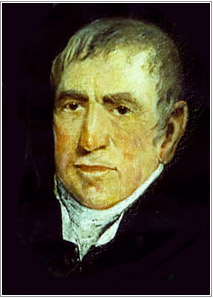 In Callan the Rice family was fortunate to have the services of the Augustinian Friars for Mass and education. Edmund's relations, James and Daniel Tierney were Augustinian Friars. Patrick Grace OSA was his teacher.
In Callan the Rice family was fortunate to have the services of the Augustinian Friars for Mass and education. Edmund's relations, James and Daniel Tierney were Augustinian Friars. Patrick Grace OSA was his teacher.
His brother, John Rice, became an Augustinian Priest. In Waterford, Edmund had the benefit of having Jesuit Priests available for spiritual direction and counselling. These Religious priests were a major influence in deciding his vocation.
Especially after the death of his wife, Edmund devoted more time to prayer and works of charity. He was one of the few men to attend Mass daily and receive Holy Communion every Sunday. This was a most unusual practice at the time. He nourished his spiritual life by frequently buying and reading religious books, including the Bible. His time after work in the evenings was given to visiting the sick in their homes.
One of the specific incidents that affected Edmund was his meeting with a Holy Friar. Both were tired after an exhausting journey and they shared a room in a hotel. Edmund woke up in the middle of the night to find the Friar on his knees beside his bed, praying and thanking God for his blessings. Edmund was influenced by this experience.
He gave serious thought to entering a Monastery, but he felt God was calling him to respond to the needs of the poor children in Waterford. Having sought the advice of the Pope and the Bishop he decided to open schools in 1793. This plan was uppermost in his mind but was not realised until 1802.
The experience of welcoming the Presentation Sisters to Waterford influenced Edmund greatly. He saw in Nano Nagle that total dedication was called for. He was determined that his society would be bound by religious vows and that the Brothers would live in religious communities. As early as 1803 Thomas Grosvenor, Patrick Finn and John Mulcahy, took up residence in the new house at Mount Sion. Six days later Bishop Hussey informed the Holy See that "already a monastery has been built where dwell four holy men who request approval of a rule."
In 1808 the Brothers first dedicated themselves to God and the service of the neighbour by the profession of religious vows, according to the Rule of the Presentation Sisters. Edmund and his companions observed this rule faithfully until 1822 when the Rule of the Religious Brothers, approved by the Pope, was adopted. In that year Edmund was elected Superior General.
Besides the Presentation Rule, approved in Rome in 1805, Edmund adopted the structure of the De La Salle Brothers' rule in 1822. Based on this document and greatly influenced by the Jesuit Rule of St. Ignatius, Edmund produced a new rule of life in 1832. The most important element of Edmund's Rule was that the brothers should cherish "a love of holy prayer, which they are to consider as the first and principal of their daily duties." In his own life he manifested a constant commitment to prayer.
In his years of retirement Edmund remarked, "O God, did we even now rightly begin to serve you, your loving heart would take us all to its final embrace." He greatly admired missionaries, "Blessed be the Lord who has such noble servants." At the time of his death it was announced that the Brothers had lost ‘our most dear Father, Founder, and Brother.' The Brothers were recommended to give special place to Our Lady in their spiritual lives. In old age, when he suffered from advancing dementia, his first remark on waking was "Praise be to Thee, O Christ." On the 29th of August 1844 Edmund Ignatius Rice died. Large crowds filled the streets around Edmund's house. Catholics and non-Catholics, the well to do and especially the poor gathered on the streets of Waterford to honour this great Man.
FOR MUCH MORE INFORMATION SEE THE "EDMUND RICE" SECTION ON THE MAIN MENU ACROSS THE TOP OF THIS SITE




